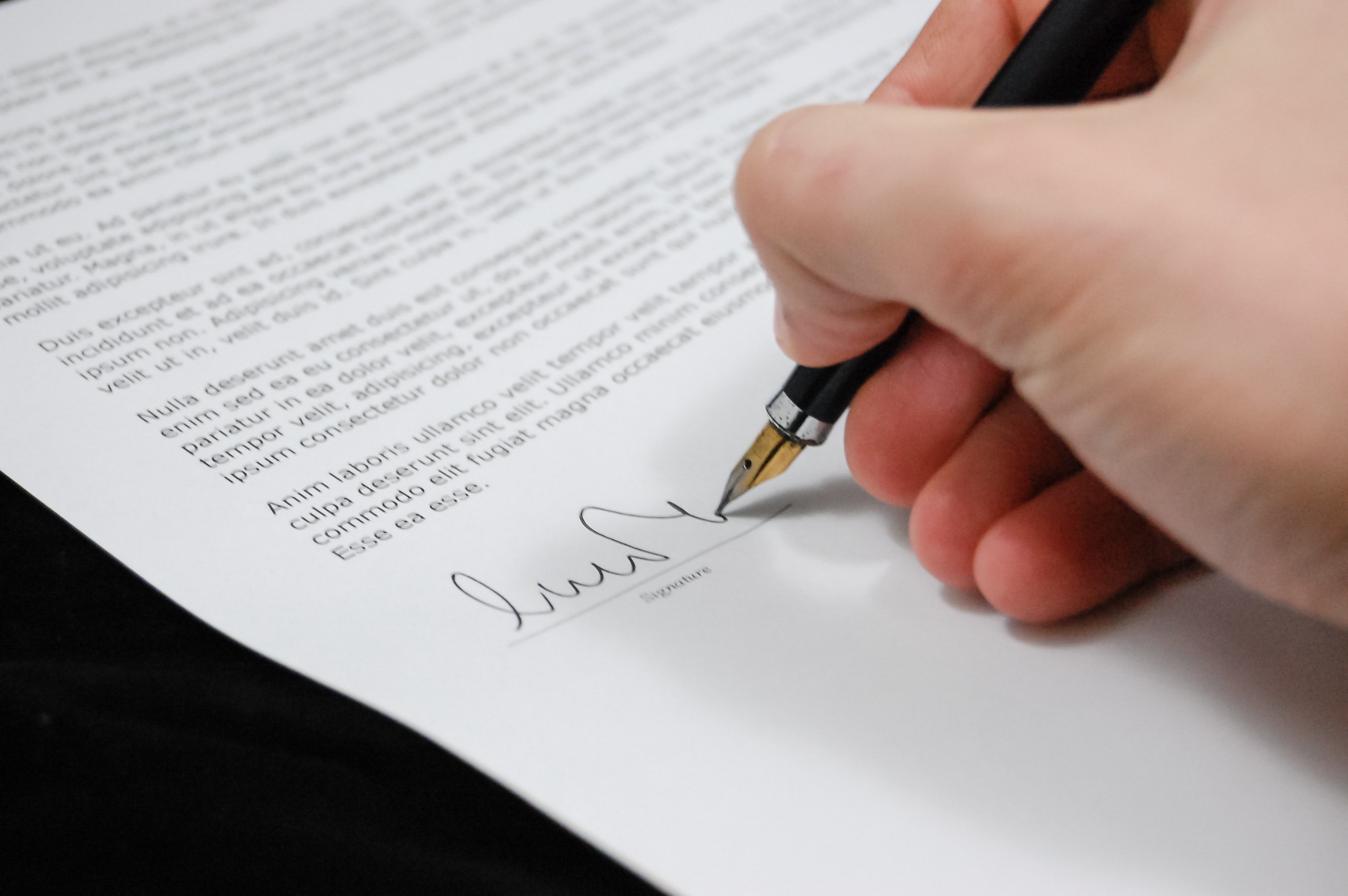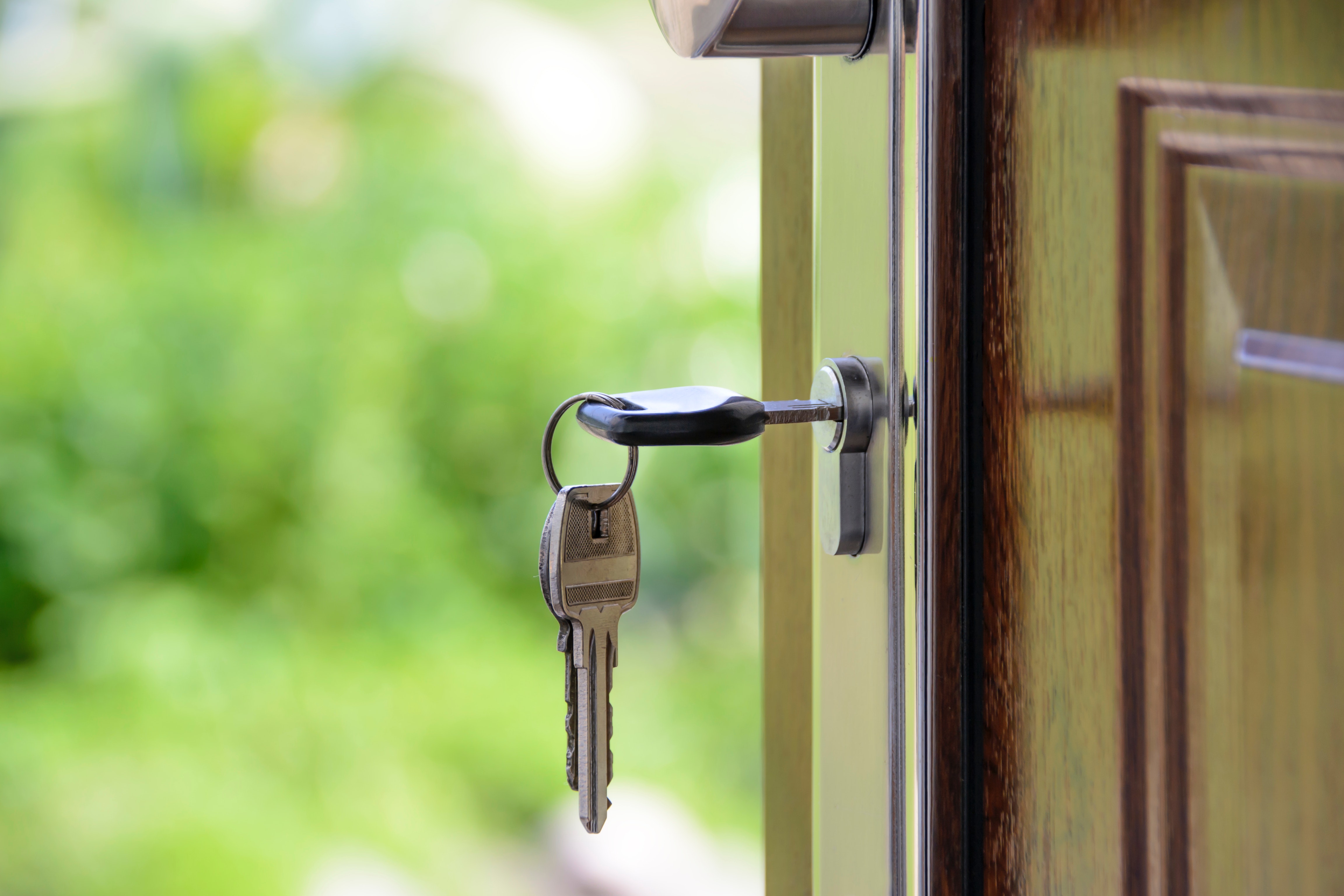Here at Red Squirrel we like our customers to know exactly what's going on with their property, whether it be selling their first home or buying their 15th investment property. We are founded on core family values – honesty, trust, compassion and believe this is the best way to negotiate property selling.
This blog is designed for everyone if you are a first time buyer or somebody who has lived in their home for 30 years and now your children have left you need to downsize, here is everything you need to know from preparing to purchase to completion.
1. First things first you will need a deposit
Generally, you need to try save at least 5% - 20% of the cost of the home you would like. For example, if you wanted to buy a home costing £200,000, you'll need to save at least £10,000 (5%). Saving more than 5% will allow you access to a wider range of better mortgage deals.

2. Secondly you need to save for the other costs of buying a home
Unfortunately there is many other costs to buying a home which many people don't always realise or take into consideration when saving to buy their first home. These include:
- Survey costs
- Solicitor's Fees
- Removal costs
- Building & Contents insurance
- Initial furnishing and decorating costs
- Mortgage arrangements and valuation fees
- Stamp Duty ( First-time-buyers will not pay Stamp Duty on the first £300,000 for properties worth up to £500,000)
3. Consider how much you can actually afford
We all have a dream, but realistically many of us have to evaluate what we can actually afford to repay on a monthly basis as well as bills, council tax etc. when buying your first home. It's wise to work out your maximum budget before looking for properties in order to stop you feeling disheartened by the beautiful properties that you just can't afford and feeling fed up with the process already.
There are now strict checks that are done when you apply for a mortgage, lenders will check you can afford the mortgage as well as 'stress test' your ability to make your payments if interest rates were to rise or if your circumstances changed. You will also have to provide them with various information such as evidence of any outgoings you have and proof of your income.
4. Take into consideration First Time Home Buyers Schemes
There are various government backed schemes out there designed to help First-time-buyers like you get themselves on the property ladder, and although they may mean living at home with your parents a bit longer they can be very financially beneficial in your quest for buying your first home.
- HELP TO BUY ISA - The 'help to buy' scheme is designed for First Time Buyers and basically the government will give you 25% of the money you save for a deposit. So for every £200 you save the government will give you £50. However, you do have to save into a Help To Buy ISA, you can open this account with £1200 but thereafter you can only save £200 a month (up to the value of £12,000 potential gain for you £3000). If two first-time-buyers are moving in together you can have a Help To Buy ISA each, potentially £6000 towards your deposit.
- HELP TO BUY : EQUITY LOAN - This is designed for if you want to own a newly built home in England, you could borrow up to 20% (up to 40% in London) of the purchase price from the government. You’d only need a 5% deposit and your mortgage would make up the rest.
- If you are a Council tenant or Housing Association tenant in England you could buy the home you rent with an up to £78,600 discounted.
Now you've considered those things let's talk about when you're ready to start looking for a home.
1. Mortgages - getting a mortgage in principle
Presuming you are going to be getting a mortgage, you will firstly need to speak to an Independent Financial Adviser, mortgage broker or lender and get a 'mortgage in principle'. (Costing around £99-£250). This will give you an idea of how much you are able to burrow, meaning when you're property searching you can filter out all the properties you realistically can't afford. This will also put you in a much better position when you've found the perfect property and want to put an offer in.
Bare in mind the lender will do a valuation survey on the property, this is just to check the property is worth the agreed sale price before they agree the mortgage. Some lenders may not charge you for this, depending on what type of mortgage product you select. But if not you can expect to pay between £150-£1,500 depending on the value of the property.

2. Putting in an offer
Putting in an offer can be scary and exciting, this is usually done through an estate agent and is free. Professional estate agents will want proof of your mortgage in principle and/or proof of cash funds at this stage, before anything further happens with your offer. So be prepared!
3. Arrange a solicitor and surveyor
Once your offer has been accepted you will need to find a solicitor to sort out the legal work around the property and a surveyor to check the property is structurally sound.
The solicitor inform you how much you can expect to pay them and may ask for a deposit upfront - this is typically 10% of their fee ( usually £500-£1500 + VAT ). They will also submit searches to the local council to check whether there are is any planning or local issue that might affect the value. (Usually around £250 - £300).
The survey is your responsibility to sort out, this is an important stage because you don't want to find out the house has serious problems 10 years later and be unable to sell it.
There are several types of survey available:
- RICS condition report – basic ‘traffic light’ survey and the cheapest. It’s most suitable for new-build and conventional homes in good condition. No advice or valuation is provided in this survey. Cost: £250.
- RICS homebuyer report – suitable for conventional properties in reasonable condition. This is a much more detailed survey, looking thoroughly inside and outside a property. It also includes a valuation. Typical cost: £400+.
- Building or structural survey - the most comprehensive survey and suitable for all residential properties. It’s particularly good for older homes or homes that might need repairs. Typical cost: £600+.
4. Finalising the offer and mortgage

Finalising your mortgage
If everything does go to plan and the survey comes back as all ok you should at this stage contact your lender or mortgage adviser to proceed. There is usually a fee at this stage to called the 'arrangement fee' to set up the mortgage. (This can cost up to £2,000. Bare in mind this can be added to your mortgage but you will end up paying interest on it.)
At this stage you will receive a binding mortgage offer, but your mortgage lender must now give you at least 7 days to think about whether or not this is the right mortgage for you. You can use this time to consider any other mortgages.
Between Stage
At this point there will usually be a 10 week interval in which various things will take place. For example, doing searches, enquiries, checking deeds etc.
5. Exchanging Contracts
- If there are no problems or delays then you will receive the contract to sign and complete. Before signing this you need to go through it with your solicitor to check it is all correct.
- At this stage, you and the seller are committed to the sale. You will be required to pay 10% of purchase price at this point.
- Once you have exchanged contracts you'll need buildings insurance to place cover on the structure of the property.
- You will also need to set a completion date at this point.
- You will also need to book your removals at this stage. (Moving on a weekday is cheaper but this typically costs between £300-£600)
6. Completion and Final few steps
- Between exchange and completion you will be required to send all further monies for purchase to your solicitor.
- Your solicitor will register the sale with the Land Registry. (The cost of this is dependent on the price of the property)
- Stamp Duty : First time buyers buying a house £300,000 or less will pay no Stamp Duty. However, if you are a first-time buyer purchasing a property more than £500,000 you are not entitled to any relief.
- You'll need to book your removals (moving on a weekday is cheaper but typically it is £300-£600).
- On the day of completion the people living in your property will have to vacate and you will be able to go and collect the keys from the estate agent. And you can breath a sigh of relief as its now your home!!!

We hope you found this useful, and Good Luck in the quest of buying your first home! If you have any questions or would like any help finding your dream first home please call us on 01983 521212 or email This email address is being protected from spambots. You need JavaScript enabled to view it. and we would be more than happy to help.
Check back here for more updates from us soon, Red Squirrel Property Shop.
Written by Jemma Smith





